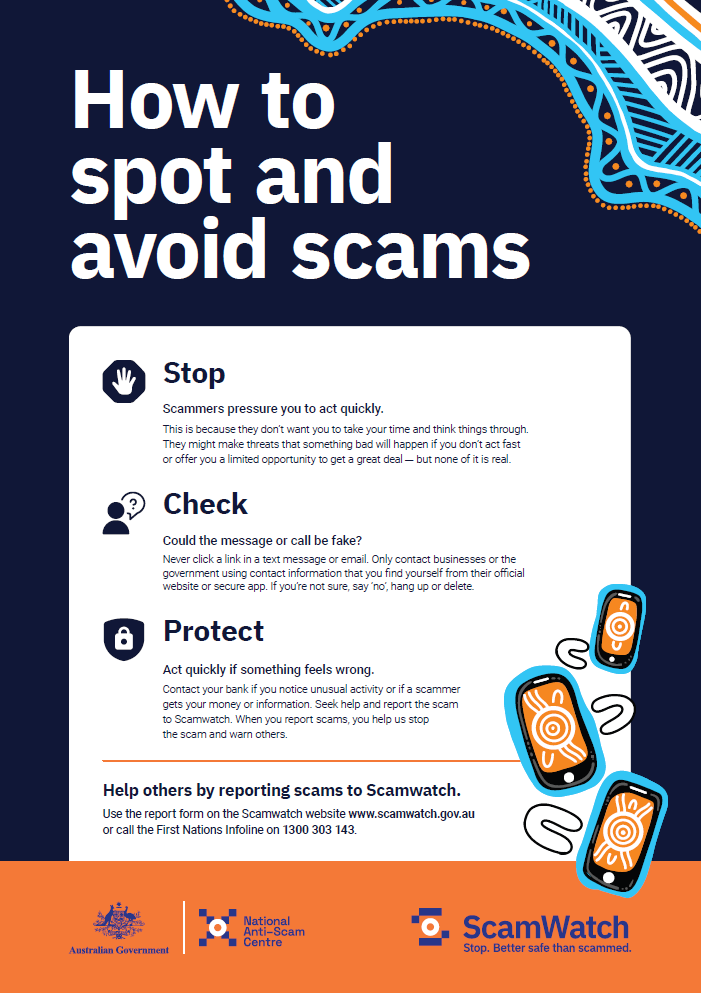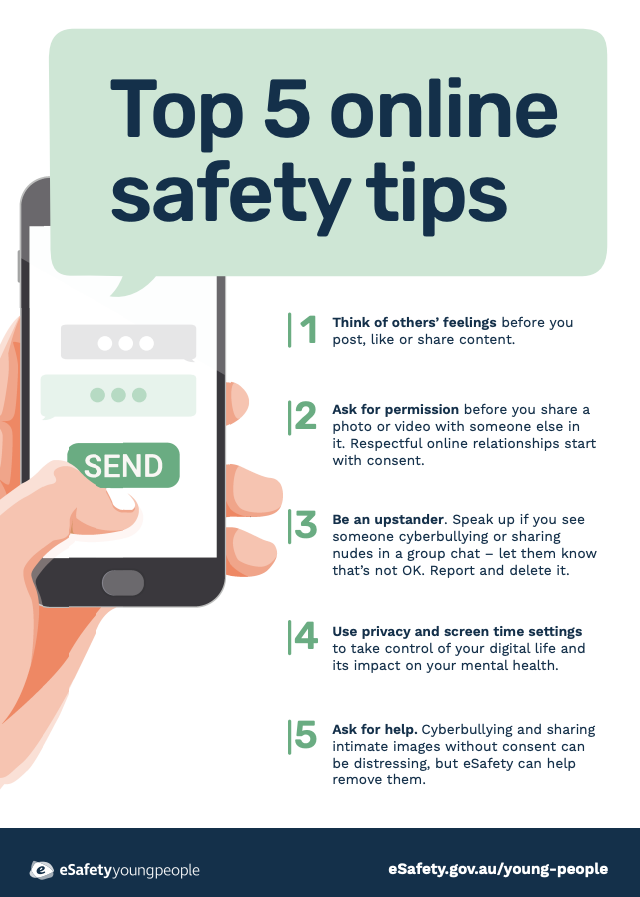
This fortnight’s article will be about being safe on the internet. As young people who grew up in a digital age, we might develop trust in online platforms because of our comfort with technology. However, this can be dangerous as we get used to the comfort and overlook potential threats. Social media is designed to provide instant gratification, a “feel good” moment that is actually short-lived through likes, comments, and contents that makes us crave validation.
As a result, ScamWatch has found a total reported loss of around $2.5 million over 1,849 reported social media scams experienced by young adults (18-24 years old). In 2021, 44% of Australian young people also reported having a negative online experience in the last 6 months, including 15% who received threats or abuse online. Do you find this surprising? Did you assume that young people are not at risk because we are more internet savvy? Well, turns out that is not the case and we have to protect ourselves better on the internet.

How can we protect ourselves online?
Here are a few ways we can navigate the online world safely and guard against scams:
- Always question offers that appear “too good to be true” and involve money.
- Stay informed about the latest scamming techniques and attack strategies.
- Use two-factor authentication when possible and regularly update all software to protect against malwares.
- Use strong and unique passwords.
- Avoid clicking on unverified links, especially sent through text messages from people you don’t know.
You can read this UNSW College Guide to learn more about different types of scam scenarios and how we can handle each of them.
What is sexual extortion and how to avoid it?
One online threat that has been increasing in the recent years is sexual extortion (sextortion), which is a type of image-based abuse. You can learn more about image-based abuse or also known as ‘revenge porn’ in this eSafety Commissioner website. More than 1 in 10 adolescents have experienced sexual extortion, according to a joint eSafety and Australian Institute of Criminology research project. It happens when a someone blackmails you by threatening to share an intimate image or video of you in order to get money.
Scammers can target people through dating apps, social media, and gaming apps. Here are a few warning signs of sextortion:
- Someone message you using a fake online account and claim they have your private images, trying to scare you even if they don’t have any.
- Someone pretend to be looking for love and ask you to send them nude images or videos of yourself.
- Someone records you directly or through a live video chat without asking for consent.
Once the scammers have an intimate image or video of you, they threaten to share it with your family, friends, or people you know unless you give them money. The scammer might tell you that they will delete it if you pay but always remember that they are scammers and will not keep their promise.
How can we avoid sextortion?
- Be careful about what you share about yourself online.
- Never share naked pictures or videos of yourself with someone you’ve never met in person.
- Cut off contact at once if you suspect you are in contact with a scammer.
- Do not pay the blackmailer or give them more money or intimate images.
- Information on how to stay safe on different social media platforms can be found here.
What is cyberbullying and how to protect yourself?
It is possible to have a negative social media experience and cyberbullying happens when someone uses the internet to post or share negative, mean, and harmful content about others.
Here are some examples:
- Spreading secrets or rumours online.
- Offensive or rude name-calling.
- Receiving explicit images they did not ask for.
- Sending hurtful messages about them.
- Leaving them out online.
If you ever experience cyberbullying, you can reach out to a teacher or student wellbeing advisor, and report it to get the harmful content removed from the social media site or gaming app. Follow these steps to report cyberbullying:
- Collect evidence
Take screenshots to use as proof of what happened and where. - Report harmful content
You can report directly through the app or website, or use The eSafety Guide to find the reporting links for different apps. If the cyberbullying is very serious, you can also fill in the eSafety Commissioner Report form or report the abuse to the police. - Prevent further contact
Try not to respond and use the in-app functions to ignore, mute or block the other person or account.

What are the effects of sextortion and cyberbullying?
Some people who have these experiences describe things like:
- Feeling scared, anxious, alone, or trapped.
- Believing it’s their fault for giving the blackmailer’s the images or videos for sextortion.
- Feeling angry with the person who is threatening them.
- Feeling embarrassed that they have been tricked by scammers or people they thought they could trust.
- Worrying about family, teachers, employees, or the community finding out and start to trust other less.
- Finding it difficult to do the things they usually do, like working or studying, going out with friends, or spending time online.
The stress of sextortion and cyberbullying can have a big impact on your mental health. I know that this space can feel really scary and overwhelming, and it’s okay to feel that way. Sometimes, our minds are trying to tell us that we need extra support to help us cope. It is important to understand that this is never your fault and you do not have to face it alone. Sextortion and cyberbullying are both crimes and no one is allowed to share your images without your consent or send harmful messages to you.
If you notice thoughts of self-harm or suicide, it is important to reach out for support. If you do not feel ready to talk to somebody you know, there are lots of free, confidential support services that can help.
Support services
Coping strategies for scam victims
Book an appointment with the UNSW College Wellbeing team



